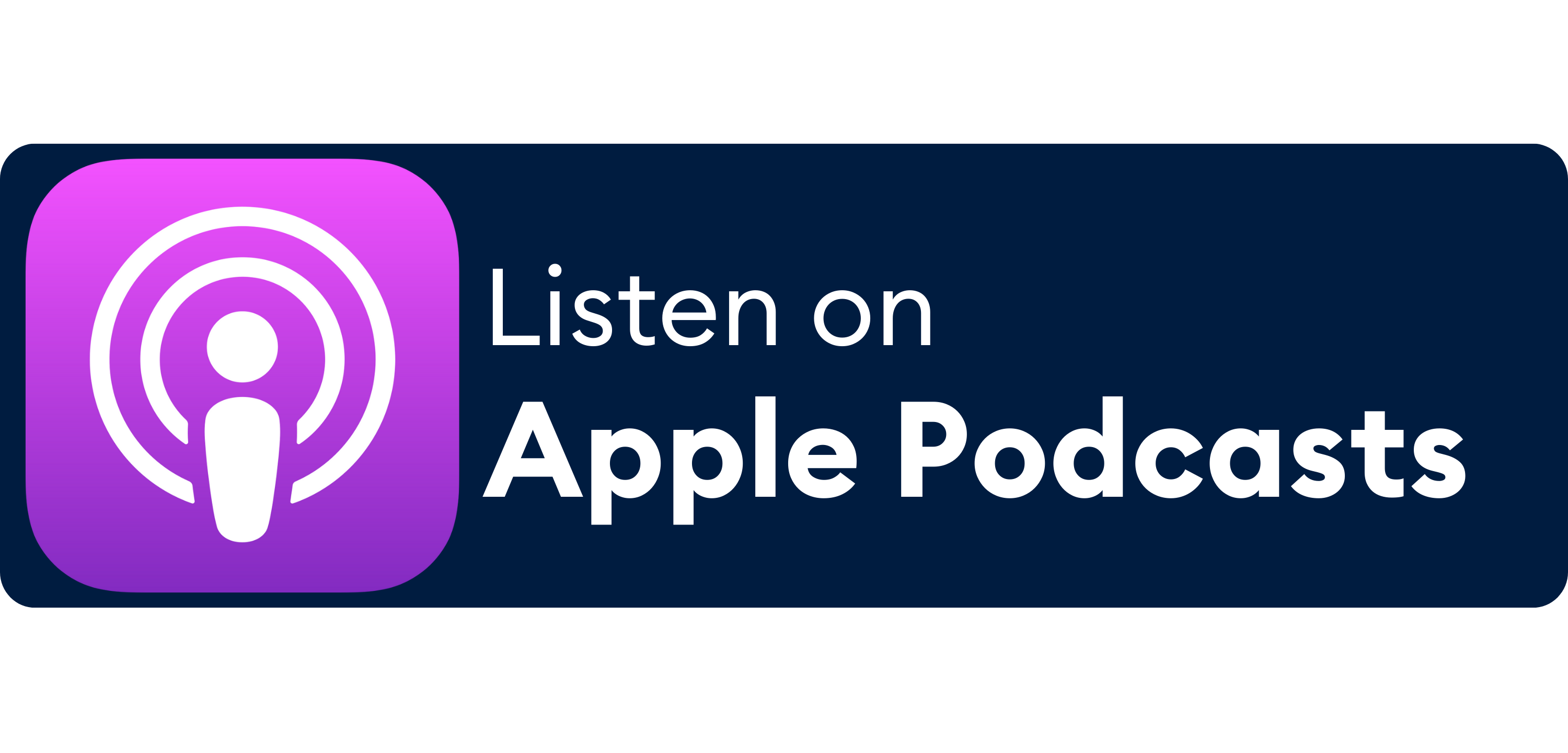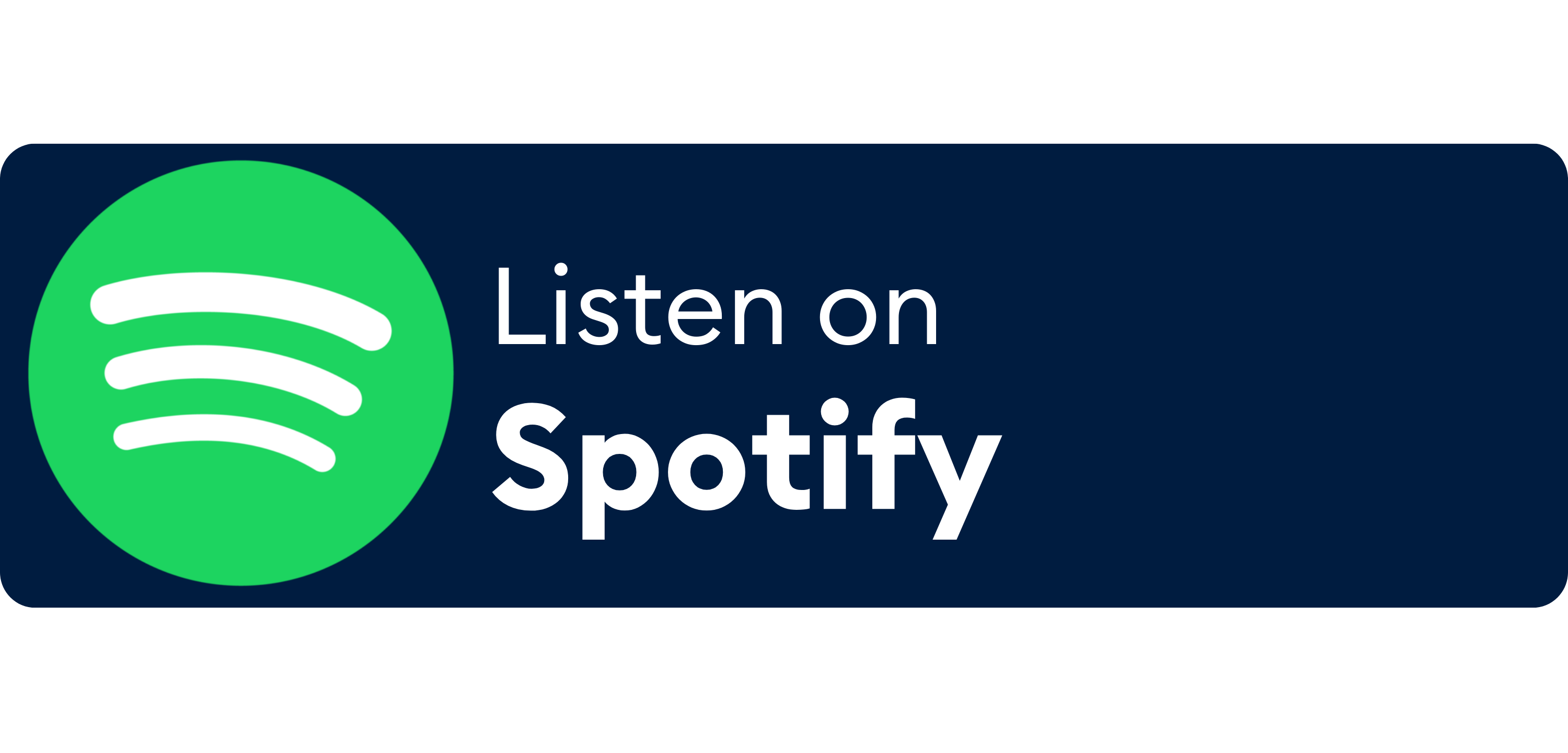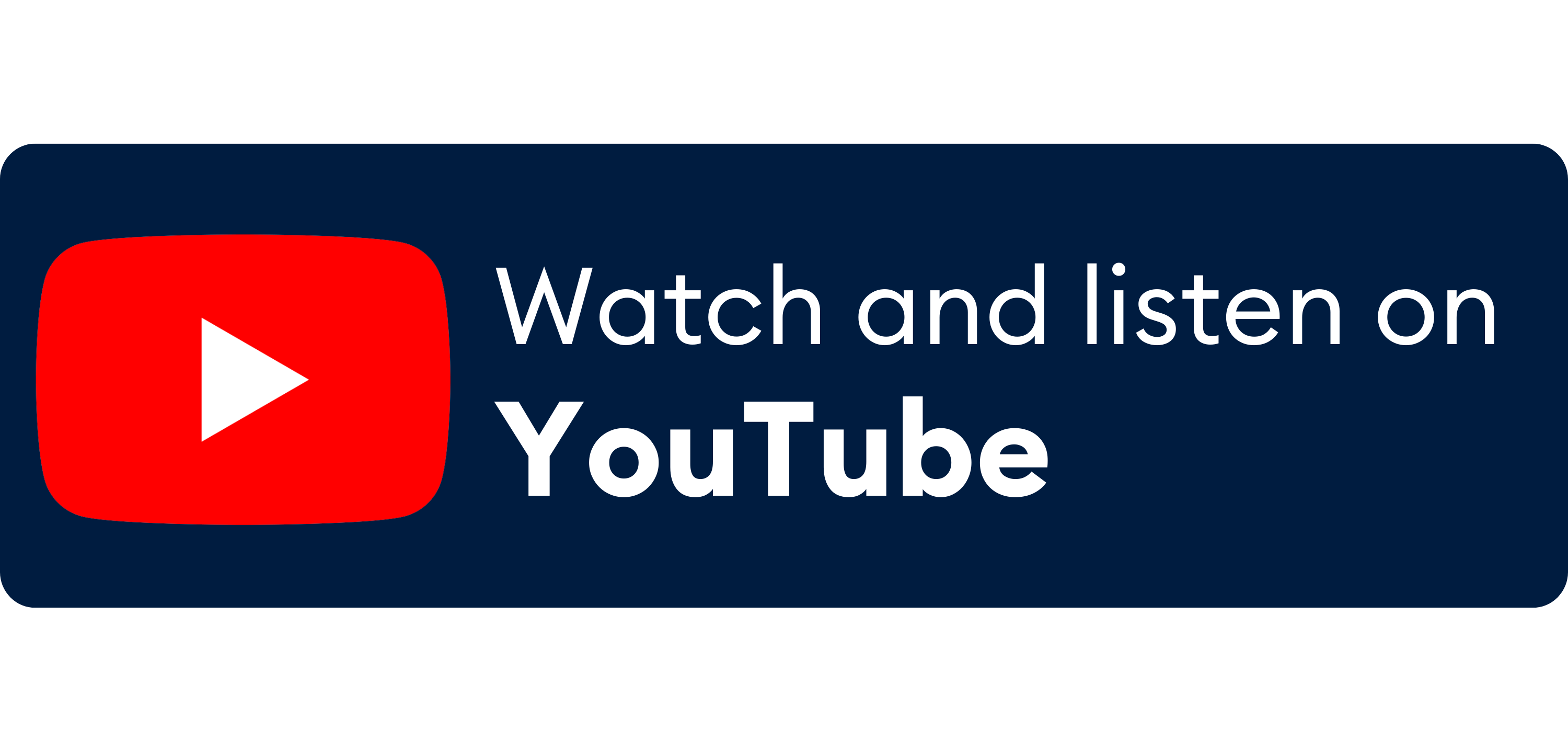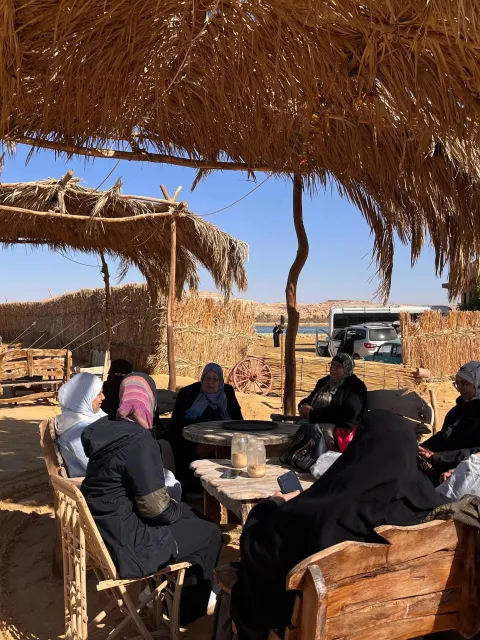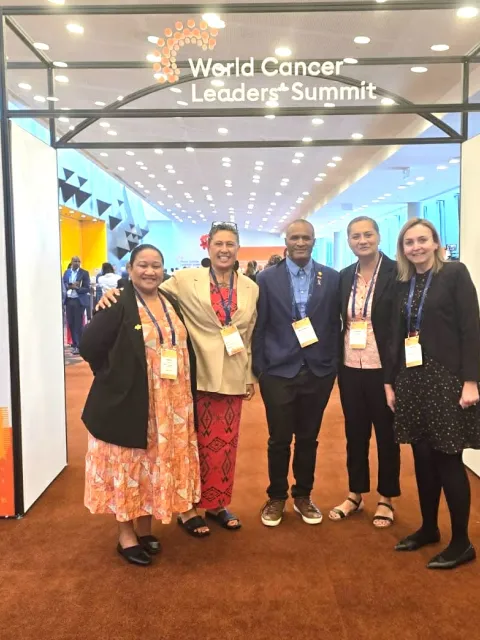Podcast "Let's Talk Cancer": Colour in breast cancer care – tackling racial disparities
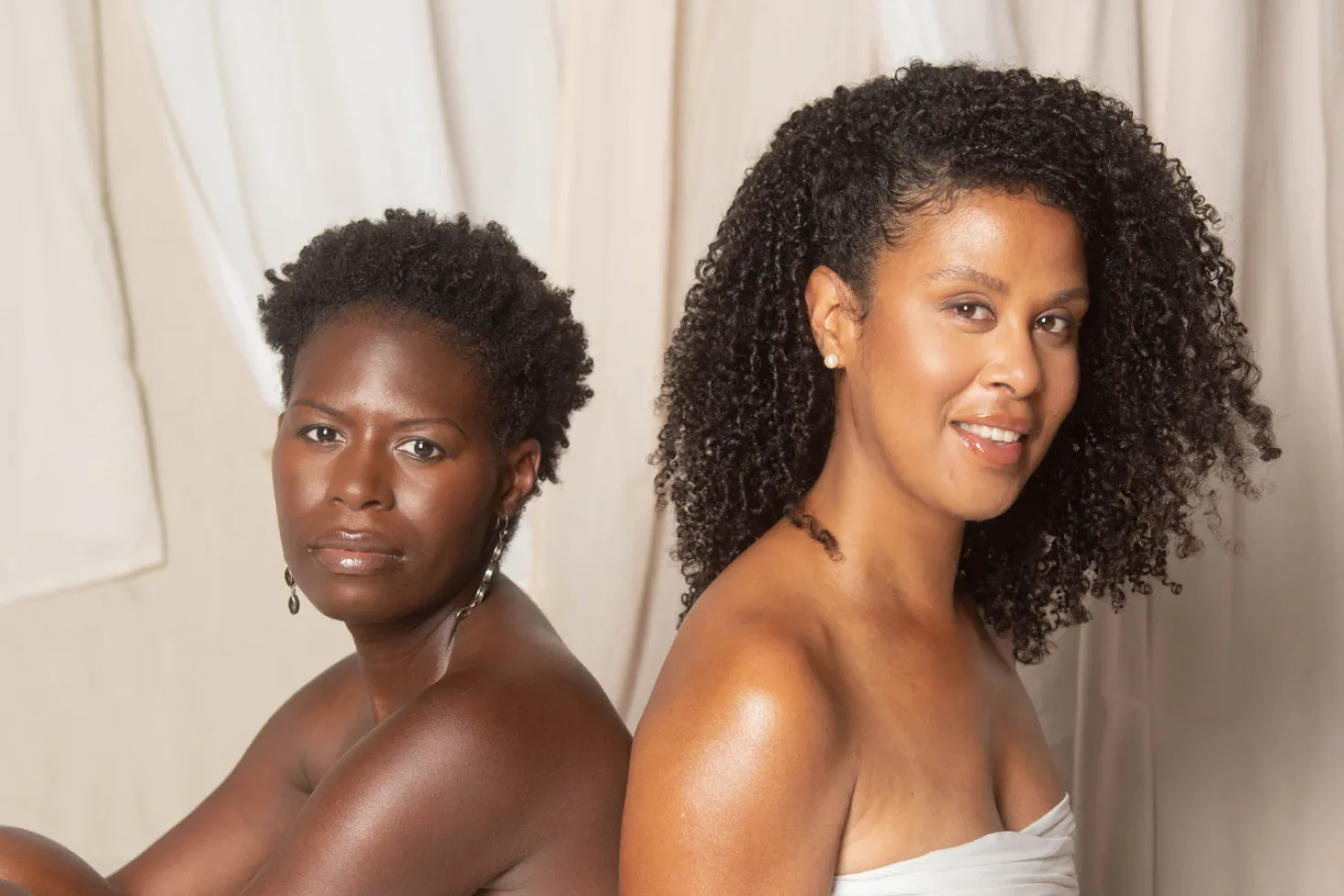
Caroline Falaiye (left) and Michelle Audoin (right) participated in a photo shoot as part of Uncovered.
This episode of 'Let's talk cancer' explores disparities in breast cancer care with MJ DeCoteau of Rethink Breast Cancer and Michelle Audoin, creator of 'Uncovered', a project highlighting the unique experiences and challenges faced by Black, Indigenous and People of Colour in the healthcare system.
Black, Indigenous, and People of Colour (BIPOC) often face higher rates of cancer and lower chances of survival, due to a mix of a mix of economic, social and biological factors. These disparities are particularly apparent in the case of breast cancer. Black women in the US, for example, have a 40% higher death rate from the disease than White women.
This episode of 'Let's talk cancer' looks at this significant equity gap with Michelle Audoin, who was diagnosed with metastatic breast cancer at 40 and offered no images of Black women for guidance on reconstructive surgery. The second guest, MJ DeCoteau, Founder and Executive Director of Rethink Breast Cancer in Canada, partnered with Michelle to create 'Uncovered', a breast recognition project aimed at addressing this misrepresentation through powerful photographs and stories.
In his discussion with Michelle and MJ, host Cary Adams delves into the impact of 'Uncovered' beyond Canadian borders and the ways it amplifies the voices of the diverse breast cancer community.
"I did not see myself in the cancer space. I did not see women who looked like me sharing their breasts, their reconstruction, their stories, their scars. (...) It wasn't until the photographer turned the camera around and showed me the first few pictures that I saw myself as a whole. There was this shift inside of me that made me see. Even in spite of my cancer, even though I've lost my breasts and they've been reconstructed, I'm still a beautiful person as a whole. "
– Michelle Audoin, creator of 'Uncovered', diagnosed with metastatic breast cancer at age 40
See podcast transcript below
Listen on: Spotify | Stitcher | Apple Podcasts | Amazon Music | Audible | Deezer
Get notified of new podcasts by email
Podcast transcript
Cary Adams: Welcome to Let's Talk Cancer. I'm Cary Adams, the CEO of the Union for International Cancer Control. Black, Indigenous and people of colour face health care disparities in many forms, including in their experience of cancer. The reasons are complex and involve numerous economic, social and biological factors. Take breast cancer in the United States, for instance. Black women have a 40% higher breast cancer death rate than white women. One reason is that black women are more likely to have diabetes, heart disease and obesity all risk factors for breast cancer. They are also less likely than white women to have adequate health insurance or access to healthcare facilities, which can lead to higher chances of developing the disease and lower rates of survival. He had despite knowing about this equity gap, black, indigenous and people of colour. I misrepresented and misunderstood in the health care system from limited inclusion in clinical trials to a lack of awareness about their specific needs. This was the experience of Michelle Audoin, a black woman diagnosed with metastatic breast cancer at age 40. Asked to decide whether or not she wanted reconstructive breast surgery, she could find no images of black women to help her make an informed choice, with the aim of raising awareness of the experience of black, indigenous and people of colour living with breast cancer.
Cary Adams: Michelle came up with the idea that became uncovered a breast recognition project. Uncovered is a resource created in collaboration with Rethink Breast Cancer, an organisation based in Canada that educates, empowers and advocates for system changes to improve the experience and outcomes of those with breast cancer. Through powerful photographs and stories of BIPOC, living with breast cancer uncovered seeks to shine a light on these inequities and help educate all people about the unmet needs of the Black, Indigenous and People of Colour community. In today's episode, we're speaking with the creators of Uncovered, Michelle Audoin, and MJ DeCoteau, Founder and Executive Director of Rethink Breast Cancer. Let me jump into the first question. So can you tell me a little bit about your own personal journey? So how did you first realise, Michelle, that the voices of BIPOC were underrepresented in the cancer community?
Michelle Audoin: Right. Thanks. So my story actually has two distinct parts. One begins in 2017 when I learned that I had metastatic breast cancer and the other many years earlier when I was 14 and I had my first benign breast tumour removed. So as a young black child and as a black woman navigating her breast cancer experience in both situations, I was let down by the healthcare system for several reasons. One, that I wasn't given timely and pertinent information about my breast health to make decisions about my breasts. And secondly, I wasn't, as you know, as an adult, navigating my breast cancer reconstruction options. I wasn't given information about images and scars and reconstruction on black or melanated skin. So, you know, from a very long time I've just been aware of discrepancies and how, you know, at least from a black perspective, that my needs and my voice weren't represented.
Cary Adams: Tell me about Uncovered. I mean, how did Uncovered come to be? How did you uncover Uncovered?
Michelle Audoin: It was a necessity for me. So when I was navigating my breast reconstruction options, I quickly realised that I had questions and concerns because there was a 14-year-old in me who was left with a raised scar on her right areola. That created a lot of shame. And so when I found out later on as an adult that I had breast cancer, I wanted to know about scar management. I wanted to know if, you know, when I was having reconstruction, was I going to be left with another scar that would make me feel ashamed? And so I asked a lot of questions. And one of the questions was to see breast reconstruction on black women. What did those scars look like and how are they going to manage them? How could we avoid keloids or hypertrophic scars? And I didn't get those answers and I wasn't given those images. I was just presented with images of white people all of the time. And when I would say, could you help me find these, you know, would speak to nurse care nurse practitioners and connect with other people in the community and they would all say, sure, we can find it. Lo and behold, these things didn't exist. So I was being asked to make a life-altering decision about my body with no understanding of what it would look like or how it would be managed.
Michelle Audoin: And so I went through with the reconstruction, but it led me to reject my reconstructive breasts, and I went into depression. I took to journaling to help process these feelings. And, you know, I sort of made this shift from being angry about the system to what would I want to do in the future? Like if my sister was diagnosed, if my daughter was diagnosed, my cousins, my nieces, my friends, what would I want for them? And that's when I started thinking about, you know, a breast recognition project. And I started writing down a wish list of things to happen in 2020 with the murder of George Floyd. There was a lot of acknowledgement about Black Lives Matter and supporting the black community, and a lot of companies were putting out statements, and some of it didn't ring true to me. And so I started reaching out. And one of the organisations that I reached out to was Rethink Breast Cancer. And I started offloading all of these feelings that I had and, you know, called me back. And she said, Listen, let's talk. And its then that I shared my idea for the breast recognition project. And she got behind it 100% and said, Listen, we could make this happen.
Cary Adams: Perhaps you could give me a brief overview of what uncovered is so the listeners understand what we're talking about.
MJ DeCoteau: It's a resource that focuses on the breast cancer experiences of black women, indigenous and people of colour, and it uses really powerful imagery, really incredible storytelling, and it really is designed to shine a light on the physical and emotional scars of breast cancer, as well as the cultural barriers and health equity issues.
Cary Adams: So, MJ, Michelle reached out to you. What were your first thoughts? Why? Why were you so enthusiastic about this?
MJ DeCoteau: I feel like we spent you know, we had a long zoom, we had a long zoom, and it was a lot of just listening. I saw that opportunity of like, we can make a change. We're not going to change the system immediately, but we can do this, and that's a start.
Cary Adams: You mentioned earlier about the reconstructive surgery and the scarring and things like that. It's something that I think we do miss sometimes in the cancer community is the welfare of the individual, post successful operation or treatment. But it's obviously very important to you and those who've gone through cancer because you want to feel, again, presumably strong and feel proud about your body. Is this do you see this as being a very important part of what you're trying to achieve through uncovered?
Michelle Audoin: Absolutely. I think a lot a big part of uncovered is building community through shared experiences. And, you know, when you don't see yourself represented, you don't feel like you're part of a community and you don't know how to process those emotions. And you know, that was really important for me. I needed to find that community. And if it wasn't through images that were readily accessible, I needed to create that community so that other people could feel seen and heard. And then you can advocate for your needs better when you're informed. So that. Community leads to conversations with health care providers to say, hey, you know what? Maybe it is important for us to be upfront with our black patients about how to manage scars, because that's important to them. But maybe that had never occurred to them before until somebody red uncovered and brought it to the forefront of the conversation.
Cary Adams: Tell me about the photo shoots.
Michelle Audoin: Interesting when MJ says that it was easy to run with this idea from a person with lived cancer experience and going into the photo shoots. It wasn't an easy thing to do because I was on a trajectory of uncharted territory. I did not see myself in the cancer space. I did not see women who looked like me sharing their breasts, their reconstruction, their stories, their scars. So this was a first. So even though I had this vision of creating this resource and this community, it was very it was a very vulnerable moment. So part of creating a safe vessel for myself and for the other black women who were a part of the first edition of Uncovered, it was really important for me to make sure that our needs were met first and foremost, and that was by having black hair stylists on set, black makeup artists and black creatives and photography team. And so that was to create a safe vessel so that we are not othered in this process. We are seen and validated by our peers. And so going into that photo session, I had a lot of apprehension and it was almost like the night before I almost wanted to call and say, Listen, I can't do this because I don't know what I'm doing.
Michelle Audoin: I had not even seen my body as a whole. I still looked at it as everything above the chest and everything below the chest and those reconstructed breasts. I could not accept them or acknowledge them. And it wasn't until the photographer turned the camera around and showed me the first few pictures that I saw myself as a whole. And there was this shift inside of me that made me see, you know what? Even in spite of my cancer and even, you know, even though I've lost my breasts and they've been reconstructed, I'm still a beautiful person as a whole. And so I walked into that feeling very hesitant and came out of the photo shoot feeling very empowered. And one by one, over the course of two days, I watched these women come in with a deer-in-headlights expression, like, What am I doing? I've never seen anything and done anything like this before and come off the set feeling so empowered, bright smiles, you know, just so glad to be a part of this project. And so that's when, you know, like you've really hit the mark.
Cary Adams: It sounds like a very liberating experience, almost taking pressure off your shoulders and feeling free. Do you feel that that liberating effect has been common across all of the people involved in the project?
MJ DeCoteau: What we've noticed is all the participants felt, seen, heard and understood. And I think that was like one of the major objectives, to create a space where people could feel that safety. Another reason the project worked nicely is that Rethink is on the front lines, providing psychosocial support. So it's a trauma-informed lens that we bring to every project. It really has to come from an understanding that, as Michelle said, you know, no doubt she wanted to bail the night before. It's very emotional work. It can be triggering, adding in that intersectional aspect of race and metastatic diagnosis. There's just a lot going on in the room for a lot of the participants and creating that safe space is, I think, the most important thing. Being aware that the people you're working with and putting out into the World Wide Web, you know, that this is a really personal and intense experience. We've seen on a smaller scale just the benefit of that cathartic experience of people just writing a blog post to Rethink and sharing their story, sharing really vulnerable stories and how it can be uplifting and put that weight off their shoulder when it's finally posted and people are chiming in and thanking them for sharing it. And when we released those first uncovered images and the videos, you know, people the comments were just. Uh, just beautiful. Beautiful.
Cary Adams: The problem presumably lives outside of just Toronto in Canada. And so what are your thoughts, Michelle, about the BIPOC community in other parts of the world? Do you think this model can be rolled out in other countries?
Michelle Audoin: Absolutely. And we saw that firsthand when we brought uncovered two World Cancer Congress in 2022. Um, it was really a heartening experience because, you know, from my journaling and processing, you know, my depression to this collaborative project that became a first of its kind in Canada to seeing it on the world stage and then just have so many people come by and ask about the project and understand that, you know, wherever you are in the world, you can still have world-class cancer care and have unmet needs. Healthcare providers are trained to do good but can still do harm. We can listen to our patients but still be dismissive of their concerns. And that's what Uncovered does. It really shines a light on these issues that you can take something away and make change? It doesn't matter where you are in Canada, where you are in the world, these issues matter.
Cary Adams: Well, I'm sure it's had an impact. MJ If I come back to you, I mean, there's some broader issues about underserved populations. Is that something which you think is really important as a cancer leader in any country that that there is a focus and attention given to those underserved populations?
MJ DeCoteau: I absolutely think that that needs to be a focus for every organization. Unfortunately, our health care systems are not bias free. You know, we hear that cancer doesn't discriminate, but people certainly do. And if there's one thing we've learned from Uncovered, it's that many people are experiencing the negative effects of people's internal biases that are treating them, that are, you know, taking that oath to do no harm. So there's a lot of work that needs to be done. I think there's, for many communities, a lack of trust with our health care system. And I also think there are a lot of, you know, obviously cultural barriers. And that's one thing we really found interesting about bringing uncovered to a world stage. We weren't sure how sort of a project that was positioned as an anti racism project was going to land with people coming from countries where, you know, maybe black people were the majority of the population. So we weren't sure if that was going to resonate. And it really did. And I think it's because of some of the cultural barriers just to talking about breast cancer, showing scars. Some people were very tentative to, you know, come into the booth and see, you know, someone with, you know, shoulders showing skin or, you know, the pictures of the scars. And I thought that was really interesting. Learning for Rethink to bring back to Canada. We're a very multicultural country, so it's not just about here rethinks educating other countries about how to do this work. We are constantly learning from other countries how to do our work in Canada. If we can get some interesting insights from other countries about how they've addressed some of the cultural barriers, we can implement those into our work.
Cary Adams: I think that's what the beauty of the World Cancer Congress is. It brings together, you know, individuals and organisations from 120 countries, and you can test your assumptions on projects and programs and understand the sensitivities which exist in other parts of the world, but at the same time, grab great ideas and take them home with you. And that's one of the reasons why I love being at the World Cancer Congress. I was going to ask about the response you've had and you've you've obviously hinted at it there. But have you started something big here that's going to grow and grow?
MJ DeCoteau: We're ready to, you know, really move into that phase of, okay, let's address some of the priorities that have been identified through Uncovered and really focus on the system change work. And what I love about Uncovered is that system change work is definitely slow and it takes time to come up with your strategy and figure out who are the partners and where is the actual opportunity to make change in the healthcare system. But in the meantime, we can educate and we can support.
Cary Adams: Michelle, what's your view?
Michelle Audoin: I agree with MJ When we're talking about system change, it's slow. But you have to do it in an authentic way, that it's not performative, that it's not checking a box, you know, like an organisation has, you know, a set amount of money for equity, diversity and inclusion work. And then you, you throw it out there and see what sticks. That's not the right way. I mean, it's not a trickle-down. It's got to be a trickle-up. And that trickle-up starts with the community and understanding what their needs are. You know, for me, you know, getting it out there was cathartic. And having my story shared and being received was really meaningful to me. But a year later, I wasn't seeing that system-wide change. I was disappointed that it became like a coffee-table thing or, you know, health care providers might have just been hoarding a few copies in their office, but they weren't really thinking about what could we do with this. Like, this is great, this is beautiful! Yay, Michelle! Yay, Rethink! And so in the second edition, it was just it was like, Now You See Me, Now You Don't. So it was like there was all this attention, but you didn't really see me because you didn't do anything about it. And so we were very intentional in the second edition to ask the women who participated in Uncovered what needs to happen next to make you feel seen and heard. And that's what led to the wish list, you know, a set of actionable items that anybody in healthcare, whether you're working in oncology or you're a community support agency, that these are actionable items that you can take to have an impact.
Cary Adams: Where can people find out about Now You See Me, Now You Don't.
Michelle Audoin: That is all-encompassed in both editions of Uncovered. So the actual wish list is in the second edition, but it's all available easily online at www.rethinkbreastcancer.com/uncovered.
MJ DeCoteau: I was just going to mention that Now You see Me, Now You Don't was almost like an internal sort of little theme that we had, a mantra almost of, like, okay we're going to make sure that doesn't happen here too, where it's not just that media hit and you know, okay, move on, we covered our black project. That is something we think about all the time, that this has to be embedded in all of Rethink's work, be embedded in health system change. Rethink is a tiny organisation, so it requires collaboration. And we really are advocating to some of our larger cancer organisations to help with some of the priorities and Uncovered. Michelle and Jasmine from our team have been in front of healthcare teams doing presentations at Grand Rounds. We got into in front of the Canadian Association of Medical Oncologists. We share with industry partners. We're so excited about what can be done just from Michelle sharing the power of this seemingly simple idea. Hey, there are no pictures of black women with breast cancer. Their scars are not available, and I just can't believe what it's led to over the past few years.
Cary Adams: I often think that, you know, there may be small organisations, but there are always big ideas. And, you know, it's not necessarily a small organisation that takes it forward. UUIC is a relatively small organisation, but we have big ideas and we collaborate to make them happen and is a collaboration, which is the most important thing. We can't solve problems on our own. Perhaps we could just move on to breast cancer more broadly, if that's okay. I don't know about you. I've heard recently a few people were saying, Oh, breast cancer is okay. There's enough people dealing with that. There are other cancers that are getting attention. But my sense is that we really haven't delivered as much as we can in breast cancer in terms of knowledge about it, in terms of a screening, in terms of getting early detection, treatment and care. It's a big challenge, too. I mean, presumably you agree with me. You still see it as a massive challenge that we really should be able to address. Yeah.
MJ DeCoteau: I agree. Breast cancer is definitely not done. It's not all taken care of because of the strength of some of those early breast health or breast cancer campaigns. People thought, Oh, it's taken care of. There are pink ribbons everywhere. Well, that's not actually going to stop people from getting breast cancer. It's not going to ensure that everyone who's diagnosed has the same chance at the same type of outcome. So there's tons of work that needs to be done. We cringe when people say, Oh, that's one of the good ones.
Cary Adams: I agree with you that a lot of the early publicity on the Pink October and things like that gave the impression there was lots of money flowing around. It was being sorted out. But of course it's not. Michelle, I mean, you presented with at stage four. What advice do you have for women who do find themselves in that situation? Because it must be quite scary when the diagnosis comes through.
Michelle Audoin: Yeah, it is. It is a scary diagnosis. Like I didn't know what it meant right up front. So I learned that, you know, stage four means that I'm going to be living with this for the rest of my life, that it's treatable. But not curable. So I would say to people who are getting this diagnosis, you know, it's not necessarily a death sentence, but you also have to be your own best advocate and rally around people to be allies for you. So you do have to be an engaged partner. You also have to understand what quality of life and what your priorities are for yourself. You know, I am a mother who was diagnosed with metastatic breast cancer at a very young age. So my priorities involve, you know, the quality of life that I can engage and be present with my kids. Whereas somebody else who's diagnosed at a later age, their priorities might be very different. And so your health care team really needs to understand those priorities because that will dictate your treatment, your pain management, all of that. So it's really important to understand what this diagnosis means and what it doesn't mean and to advocate for your needs and the quality of life that you want.
Cary Adams: Michelle, well, I wish you the very best of luck, and I hope it all goes well for you. And congratulations on what you've done working with MJ. We saw it at the World Cancer Congress. I know you inspired others around the world, so let's hope that it continues to inspire people. And good luck with step two and MJ. Good luck with the policy changes you need and the support you require from other organisations. And I'm sure having listened to you both, you will achieve it. So thank you very much indeed.
Michelle Audoin: Thank you very much.
Cary Adams: Thank you for listening to Let's Talk Cancer. If you want to know more about breast cancer, why not listen to our podcast, Closing the Gap in Breast Cancer Survival released in October. And if you have a moment, please do give us a rating and share the podcast. It really helps us reach a wider audience and inform more people about issues surrounding cancer.
Last update
Thursday 31 August 2023